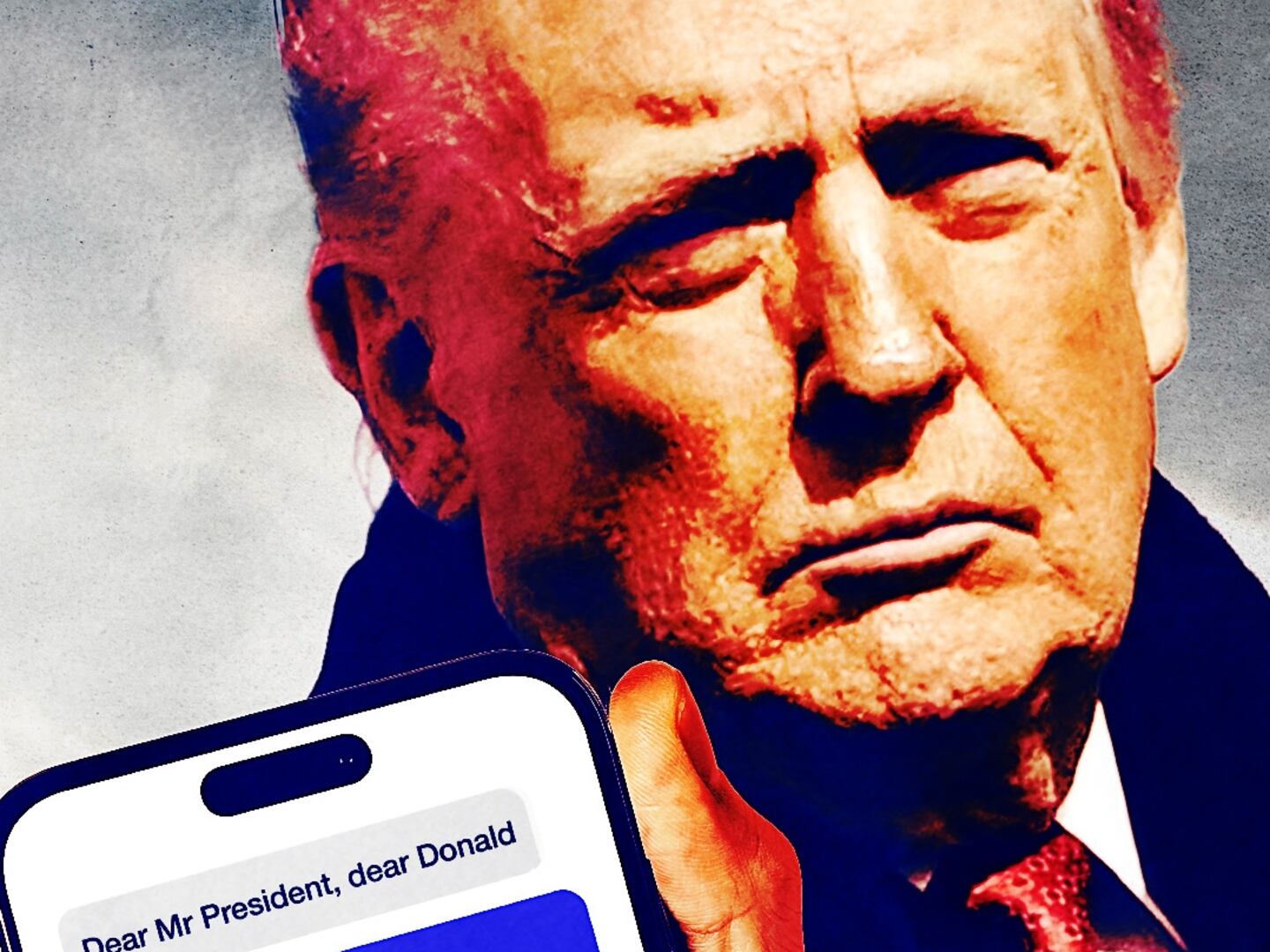Is the current debate between the White House and Capitol Hill over U.S. airstrikes in Libya—and who authorized them—simply semantic?
Republican leaders (and even some Democrats) have ripped the administration all week for its unilateral—and constitutionally questionable—rush to military action in Libya. House Speaker John Boehner sent President Obama a pointed letter Wednesday evening, calling it “regrettable that no opportunity was afforded to consult with congressional leaders, as was the custom of your predecessors.”

Press Secretary Jay Carney countered Boehner’s argument Thursday, saying that Hill leaders had been consulted repeatedly. He read a lengthy list of dates, times and attendees at White House meetings in the days before the missiles and warplanes launched. “The president believes that consultations with Congress are important,” Carney said, referencing a marquee gathering last Friday, when a bipartisan group of lawmakers crowded into the Situation Room for a briefing on the administration’s plan. “He has done that, and he’s instructed senior staff here to do that. And we have.”
And there lies the apparent problem: the word consult.
Congressional critics admit they were informed of initial plans, but saying they were consulted suggests they were asked for input. Instead, many complain they were simply given a heads-up. The administration “said we were consulted, but we weren’t,” says a senior House Republican staffer who asked for anonymity to speak candidly. “We were briefed. There’s a big difference. At the end of the day, no one asked for any of our opinions until the plan was set.”
The White House has insisted there are several reasons why the administration gave military orders without waiting for supporting resolutions from both chambers. For one, getting a majority of Congress to agree on any major issue has been, over the past two years, a nearly Herculean task. And then there is the issue of time: most lawmakers had already left Washington for a weeklong “constituent work week” when military operations started last weekend. Waiting until they came back could have risked a bloodbath inflicted on civilians and rebel fighters by Muammar Gaddafi’s military. “Leadership requires [the president] to take action when action will save lives and delaying action will cost lives,” Carney said.
“Maybe they think they can get by with a technicality,” says Republican strategist Cheri Jacobus, “but there’s a sense there was not proper consultation with Congress.”
Yet critics aren’t buying the argument that time was running out. “It’s a hollow case that they didn’t have enough time,” GOP Rep. Roscoe Bartlett tells The Daily Beast. “They had time to consult entities and countries all over the world: the United Nations and the Arab League. They needed to ask our elected leaders. And because this is going to increase the debt we’re leaving to our children, we should have consulted our young people.”
Bartlett and several of his colleagues insist the complaints aren’t partisan. “We’re not trying to attack the president,” says Brendan Buck, a spokesman for Boehner. “What we’re looking for is clarity.” Indeed, few lawmakers have been able to delineate precisely what they would have done differently, aside from general disagreements about the size and scope of the operation. Their main complaint is that they weren’t asked for approval.
One potential presidential candidate seems to have done a pirouette. “Exercise a no-fly zone this evening, communicate to the Libyan military that Gadhafi was gone and that the sooner they switch sides, the more likely they were to survive, provided help to the rebels to replace him,” Newt Gingrich said on Fox News earlier this month. But on NBC’s Today show Wednesday, the ex-speaker said: “I would not have intervened. I think there were a lot of other ways to affect Gaddafi.”
Still, Carney’s tone was notably defensive at the podium as he challenged reporters’ notions that anything illegal or improper occurred while gearing up for military action. He mentioned the word consult 19 times.
Yet the word clearly means different things to different people. “Maybe they think they can get by with a technicality,” says Republican strategist Cheri Jacobus, “but there’s a sense there was not proper consultation with Congress.”
With the debate unlikely to die down, it’s possible the word has become Washington’s newest Rorschach ink blot. It means what you want it to.






